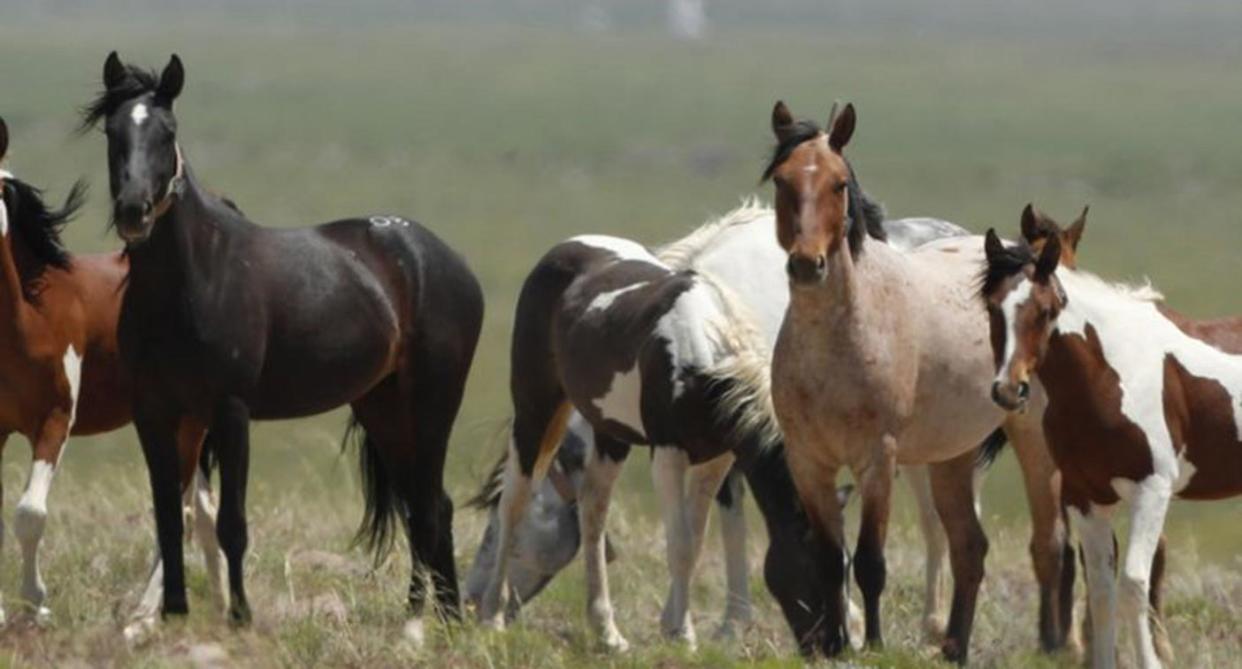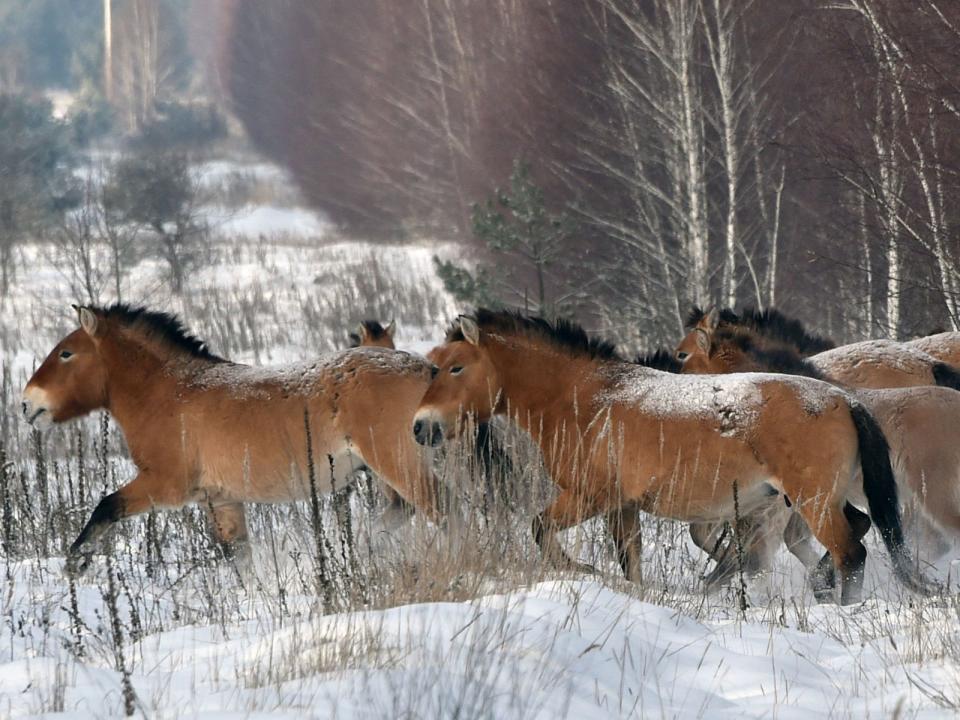Shock DNA study shows the last 'wild' horses are not truly wild

A study of the DNA of ancient horses has discovered that "there are no truly wild horses left" anywhere in the world.
The research found the breed thought to be the world's only remaining 'wild' species, Przewalski's horses, are not truly wild but are the descendants of escaped once-domesticated animals.
Scientists from the University of Exeter, the French national research agency CNRS and the University of Copenhagen tested the current theory that modern horses originated with the Botai, a race of people in Kazakhstan around 5,500 years ago.
Researchers analysed DNA from the remains of 20 Botai horses and from a similar number of horses living in various regions over the past 5,000 years.

They compared it to scores of already existing horse DNA sequences, including the Przewalski's horse, plotting each on a horse family tree, to work out which breeds were most closely related.
The study, published in the journal Science, found Przewalski's horses were in fact close to Botai horses.
As Botai horses were among the first to be domesticated, it led the researchers to conclude the Przewalski's horses must too, once, have been domesticated.
But all other horses were less related to the Botai animals, suggesting they were not Botai descendants as many thought.
It means that domestic horses around the world today originated from somewhere other than Kazakhstan.
"We have now found that there are no truly wild horses left," said Botai expert Alan Outram from the University of Exeter.
Molly McCue, a veterinarian and equine geneticist at the University of Minnesota College of Veterinary Medicine, who was not involved in the study, told Science: "This paper radically changes our thinking about the origin of modern horses. It's an exciting and surprising finding."
Equine scientist Emmeline Hill, who was also not involved with the study, added: "We are now back to the intriguing question - who were the ancestors of our modern horses, and who were the peoples that were responsible for their early husbandry?"
The researchers say one explanation is that, as Botai horsemen migrated to other regions, breeding their animals with other wild horse species, it diluted their DNA so that none of the original DNA remained.
Alternatively, the Botai horses did not survive, and were replaced by horses domesticated elsewhere, creating at least two areas where horses became domesticated.
The team is collecting more ancient DNA samples to get to the bottom of it.

 Yahoo News
Yahoo News 
